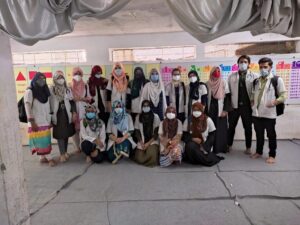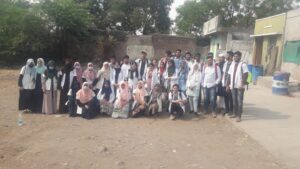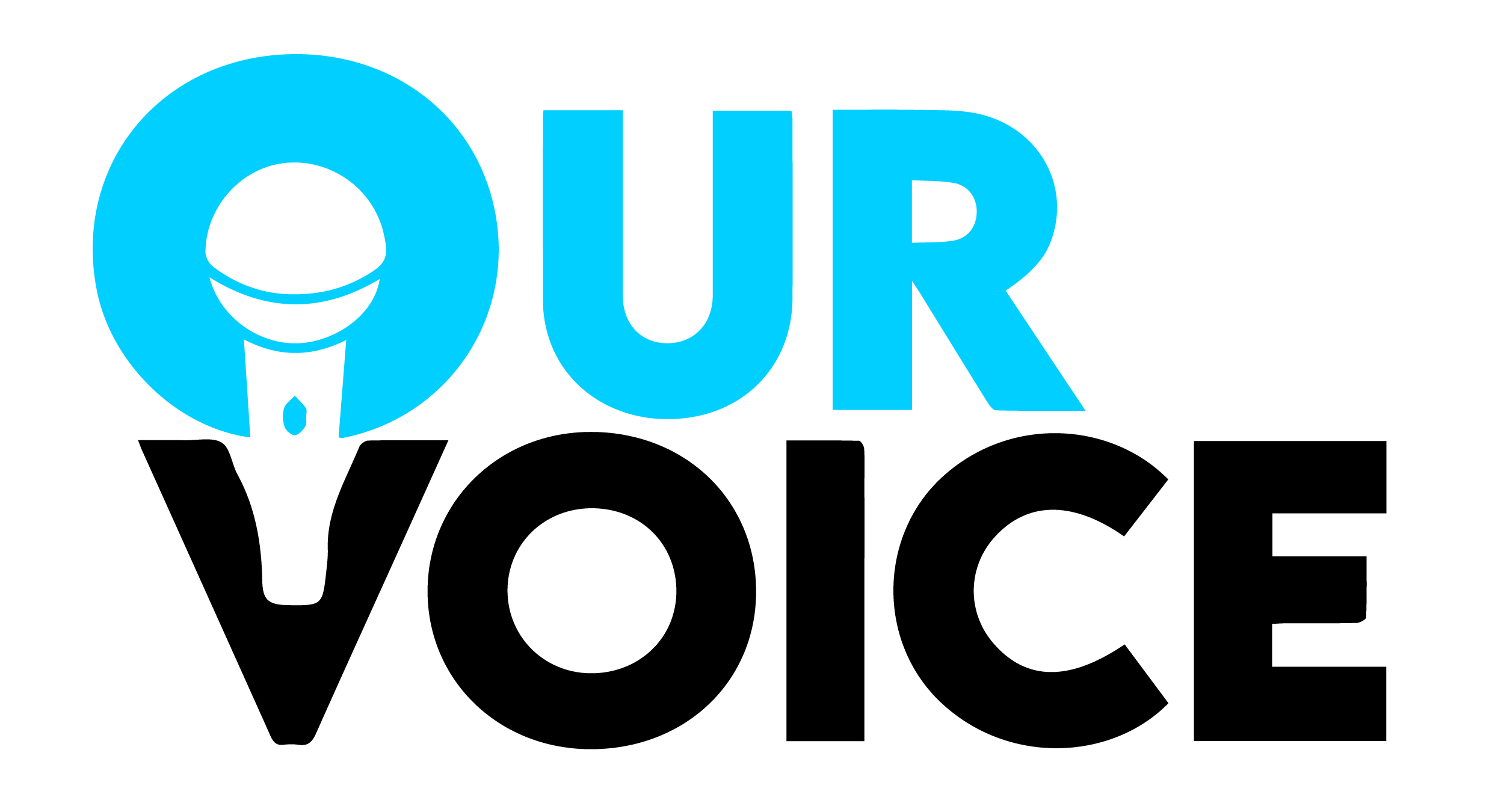![jpg_20230315_014509_0000[1]](https://ourvoiceinc.com/wp-content/uploads/2023/03/jpg_20230315_014509_00001.jpg)
![jpg_20230315_014549_0000[1]](https://ourvoiceinc.com/wp-content/uploads/2023/03/jpg_20230315_014549_00001.jpg)
![IMG-20221107-WA0014[1]](https://ourvoiceinc.com/wp-content/uploads/2023/03/IMG-20221107-WA00141-e1678875843994.jpg)
![IMG-20230315-WA0002[1]](https://ourvoiceinc.com/wp-content/uploads/2023/03/IMG-20230315-WA00021-e1678875858290.jpg)
![IMG-20230315-WA0003[1]](https://ourvoiceinc.com/wp-content/uploads/2023/03/IMG-20230315-WA00031-e1678875797313.jpg)
![IMG-20230315-WA0001[1]](https://ourvoiceinc.com/wp-content/uploads/2023/03/IMG-20230315-WA00011-e1678875921555.jpg)
![IMG-20221107-WA0013(1)[1]](https://ourvoiceinc.com/wp-content/uploads/2023/03/IMG-20221107-WA001311.jpg)
![IMG-20221107-WA0012[1]](https://ourvoiceinc.com/wp-content/uploads/2023/03/IMG-20221107-WA00121.jpg)
In many parts of the world, poverty and poor living conditions are still a reality for a significant portion of the population. This often leads to poor health outcomes, with slum dwellers being particularly vulnerable to a wide range of diseases and health issues. Medical students, who are often driven by a desire to help those in need, frequently engage in research and outreach activities to better understand the health challenges faced by people living in slum areas. One such initiative is the annual research program conducted by medical students in Misserwadi. The objective of this program is to analyze the health status of people living in this areas and to provide assistance to doctors for further treatment. This program involves medical students working with local communities to collect data on the health conditions prevalent in the area, including the prevalence of diseases, health behaviors, and access to healthcare. The research findings generated by this program can help healthcare providers understand the health issues faced by people of Misserwadi and develop appropriate interventions to address them. Additionally, the program provides an opportunity for medical students to gain practical experience in community-based research and outreach, which can be valuable in their future careers as healthcare providers.
Overall, the yearly research program conducted by medical students in Misserwadi is an important initiative that helps improve the health outcomes of vulnerable populations. By engaging in this program, medical students can gain valuable experience in community-based research and outreach while also making a meaningful contribution to society.



